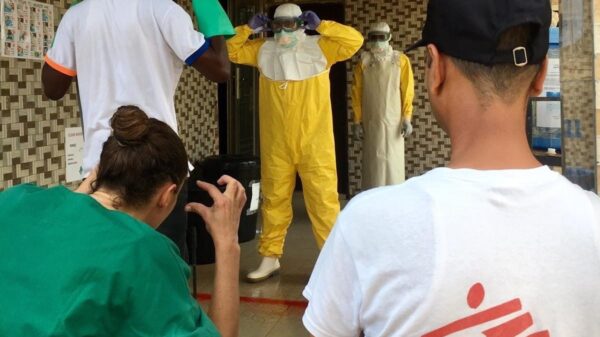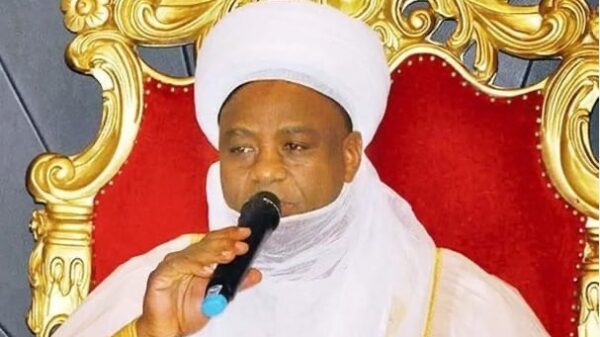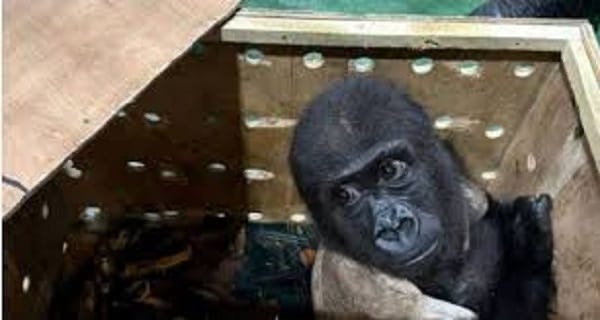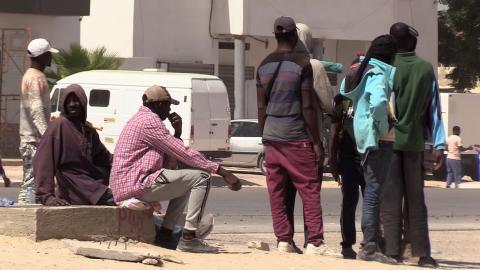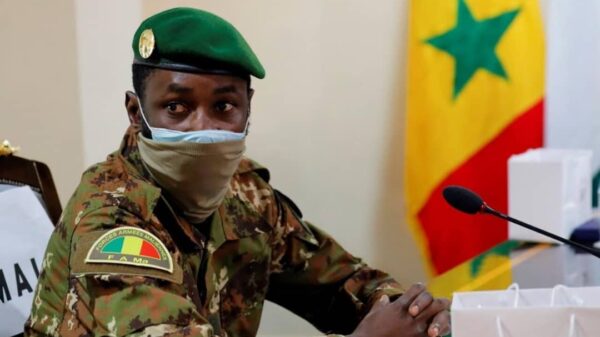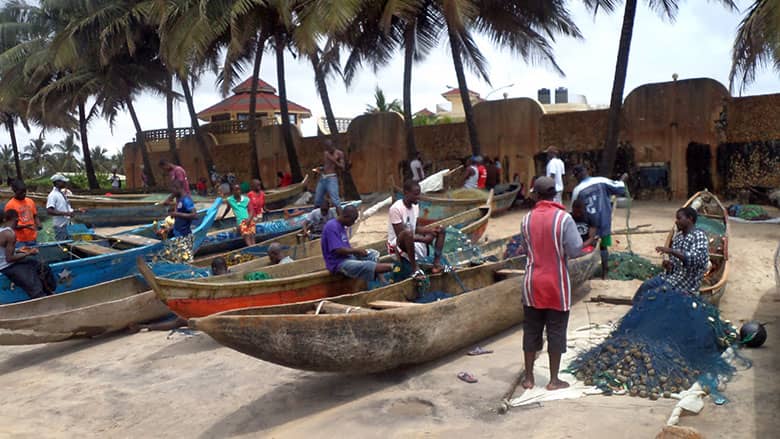Ghana will soon be observing its closed season together with other neighbouring coastal West African states.
This is according to the Fisheries Committee for the West Central Gulf of Guinea (FCWC), the technical arm of ECOWAS that implements ECOWAS policies on fisheries and aquaculture.
Speaking at the 14th session of the Conference of Ministers of the Fisheries Committee for the West Central Gulf of Guinea, in Accra, the Secretary-General of the FCWC, Seraphin Dedi Nadje, said the effort is aimed at maximizing the benefit of the closed season in Ghana since the fisheries resources are shared with other neighbouring countries.
Ghana has been pushing to have a closed season on a regular basis for the past five years, and the initiative, according to fisheries experts, bodes well for the artisanal and industrial fisheries sectors.
Mr. Nadje explained that based on Ghana’s experiences, the FCWC tried to understand the phenomenon very deeply and, in 2022, conducted a pilot study in Ghana and its neighbouring countries, Cote d’Ivoire and Togo, to see what happens during the closed season in Ghana.
He said they realized that what happens in the country’s neighbouring countries during the closed season may not help Ghana’s policy, and thus, they proceeded to discuss the issues with the member states.
For instance, he says the report found that when Ghana closes the season, the artisanal fishers and the industrial vessels migrate to other neighboring countries that are not observing the season to cash in. This, he says, becomes counterproductive to Ghana because of the shared fisheries resources.
The FCWC Secretary-General says the implication of the situation is that if Ghana alone observes the closed season and the other neighboring countries that share the fisheries resource with Ghana do not observe the closed season at the same time, the impact of what Ghana does is watered down.
“So, with the support of the Ministry of Fisheries and Aquaculture in Ghana, the Fisheries Minister of Ghana, Mavis Hawa Koomson, we moved with them to Côte d’Ivoire, Togo, and Benin to talk to the ministers of fisheries of these countries and to share with them the impact of not observing the closed season together with Ghana at the same time,” he told JoyNews.
Kofi Agboga, Executive Director of Hen Mpoano
He stated that through the discussion, they understood the interest and the need to have a closed season at the same time.
“The minister of fisheries for Côte d’Ivoire, based on the explanation we gave him, decided that this year, 2023, they will have a common closed season with Ghana. The minister and the technical team of the ministry are currently working to put in place mechanisms to enable them to observe the closed season. Same for Benin,” he stated.
Mr. Nadje says they are confident that, at least, three countries will start the closed season this year, and gradually, each of the countries within their fold will join so they could have a common closed season to enable them to reap the maximum benefits.
He stated: “Côte d’Ivoire, Ghana, Benin, and Togo are at the center of the regional body and also share a lot of the resources. So, if these three or four countries come together to start the process, we are 80% there in terms of achieving our goal in terms of having control of the situation of the closed season in this region.”
The Secretary-General further indicated that they were targeting all ECOWAS coastal countries because the fisheries committee has now become the technical arm of ECOWAS to implement ECOWAS policies in fisheries and aquaculture.
“If we succeed with this pilot activities and our sister body which is based in Dakar, Senegal, is committed as our region, definitely, we will be able to close the season at an agreed time in order to rebuild our fisheries stocks.”
In conclusion, he stressed that “If one country is observing and the other is not, building our fisheries stocks will be very difficult.”







